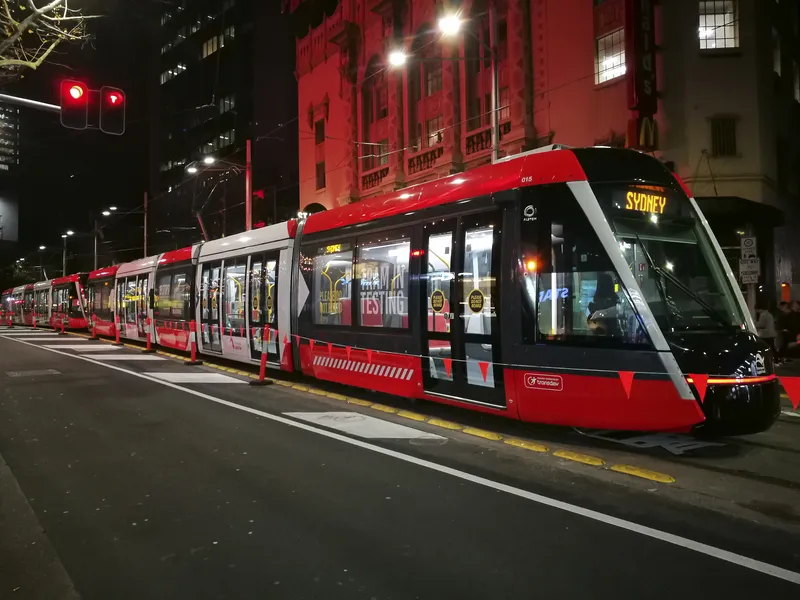Valeo has announced the seven teams selected by its experts to in a challenge to develop a solution to revolutionise the automobile of 2030, with the chance of winning the €100,000 first prize.
The shortlisted teams, from Australia, Germany, the United States, Brazil, Canada and India, selected from 1,000 teams from 55 countries, will present their project to the Challenge jury during the 2014 Paris Motor Show. The teams are:
UTS Unleashed team from the University of Technology Sydney, Australia
Sade
September 18, 2014
Read time: 2 mins
Valeo has announced the seven teams selected by its experts to in a challenge to develop a solution to revolutionise the automobile of 2030, with the chance of winning the €100,000 first prize.
The shortlisted teams, from Australia, Germany, the United States, Brazil, Canada and India, selected from 1,000 teams from 55 countries, will present their project to the Challenge jury during the 2014 Paris Motor Show. The teams are:
• UTS Unleashed team from the University of Technology Sydney, Australia
• Sadec team from the Universidade Federal de Minas Gerais, Brazil
• Three VeMAColleagues from the University of Waterloo, Canada
• UOttawa team from the University of Ottawa, Canada
• AEM team from the Karlsruher Institut für Technologie, Germany
• Falcons team from the Vellore Institute of Technology, India
• CU ICAR team from Clemson University, USA
Many original, varied and innovative projects, including some of outstanding quality, were examined by Valeo experts. The technical solutions proposed by the contestants are illustrative of each country’s prevailing societal concerns. For example, the Indian engineering students are focusing on road safety, while the European students, like their
North American peers, are more concerned about reducing carbon emissions and creating a smart, connected and autonomous vehicle. Across the board, they are working to make the car of 2030 a cleaner, safer and more enjoyable ride.
Jacques Aschenbroich, Valeo chief executive officer and Guillaume Devauchelle, vice-president Group Innovation and Scientific Development, will announce the winners at a press conference attended by the students on 17 October 9am at the Maison de La Recherche in Paris.
The shortlisted teams, from Australia, Germany, the United States, Brazil, Canada and India, selected from 1,000 teams from 55 countries, will present their project to the Challenge jury during the 2014 Paris Motor Show. The teams are:
• UTS Unleashed team from the University of Technology Sydney, Australia
• Sadec team from the Universidade Federal de Minas Gerais, Brazil
• Three VeMAColleagues from the University of Waterloo, Canada
• UOttawa team from the University of Ottawa, Canada
• AEM team from the Karlsruher Institut für Technologie, Germany
• Falcons team from the Vellore Institute of Technology, India
• CU ICAR team from Clemson University, USA
Many original, varied and innovative projects, including some of outstanding quality, were examined by Valeo experts. The technical solutions proposed by the contestants are illustrative of each country’s prevailing societal concerns. For example, the Indian engineering students are focusing on road safety, while the European students, like their
North American peers, are more concerned about reducing carbon emissions and creating a smart, connected and autonomous vehicle. Across the board, they are working to make the car of 2030 a cleaner, safer and more enjoyable ride.
Jacques Aschenbroich, Valeo chief executive officer and Guillaume Devauchelle, vice-president Group Innovation and Scientific Development, will announce the winners at a press conference attended by the students on 17 October 9am at the Maison de La Recherche in Paris.








